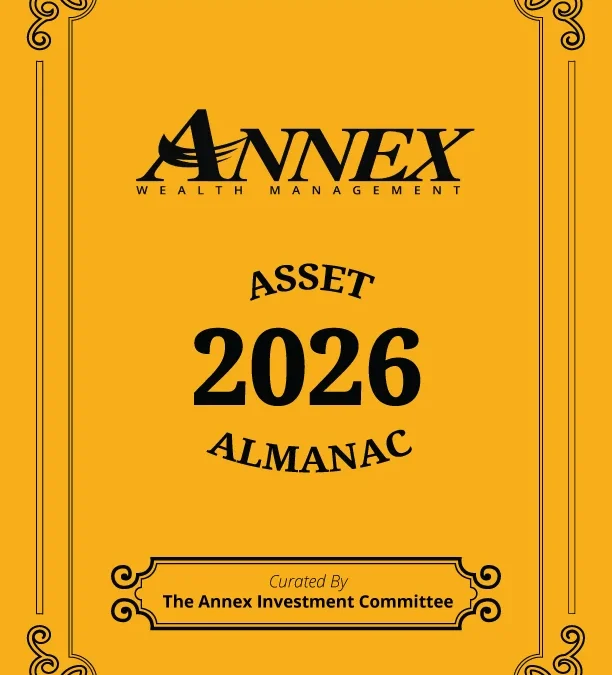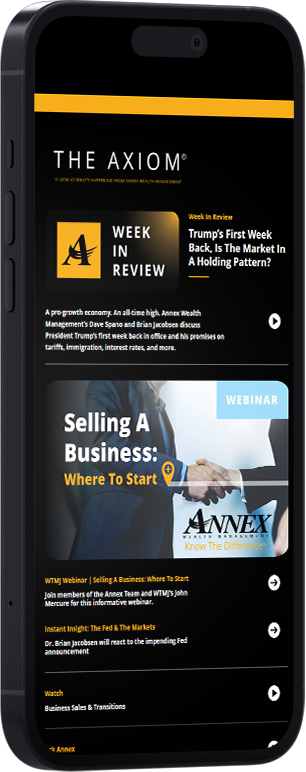
We all have important documents around the house, including some that other people may need access to if something happens to you. When it comes to estate planning documents, keeping them safe is important, but ensuring someone can find them and access them is just as critical. Without access, those documents may be worth less than the paper they were written on.
If you’ve completed a comprehensive estate plan, it’s likely your attorney provided you with a binder or document organizer to keep all your originals together. Even if you have only done some planning, you may have any of the following:
· Financial Power of Attorney
· Health Care Power of Attorney
· Living Will
· Funeral and Burial Instructions/Directions, including cemetery deeds and funeral trusts
· Last Will and Testament
· Memorandum of Personal Property
· Revocable Trust
· Marital Property Agreement
You should always be in possession of the original documents. This ensures that you have immediate access to them if you need them. Still, it’s important to keep them in a safe location like a fireproof safe in your home, or a safe deposit box at your local bank.
Once you have them secured, you need to ensure an additional person knows where your documents are and how to access them.
You can provide the appropriate individual with an inventory of the documents you have, the location of the safe or box, along with the combination or duplicate key. If you use a safe deposit box at a bank, be sure to add the appropriate individual as a joint owner on the safe deposit box agreement.
Safe deposit boxes with a power of attorney will only work during the life of the box owner as the agent will not be able to obtain access after death, which create problems if the original will is held in the box! Safe deposit boxes in the name of a trust can also create problems if the bank does not have good processes and procedures about who is entitled to access.
As an additional precaution, you may want to provide copies of important documents to any individuals you named as trustee, personal representative or agent under powers of attorney. By doing so, they know and understand their responsibilities prior to when they need to act and they will be able to step in quickly if required.
Finally, you may wish to provide copies of the financial power of attorney to the institutions where you have accounts (bank, brokerage, etc…). By having it on file ahead of time, your agent
can step in and immediately take care of your affairs. Similarly, you may wish to provide copies of the health care power of attorney and living will to your medical professionals so they understand your wishes.







